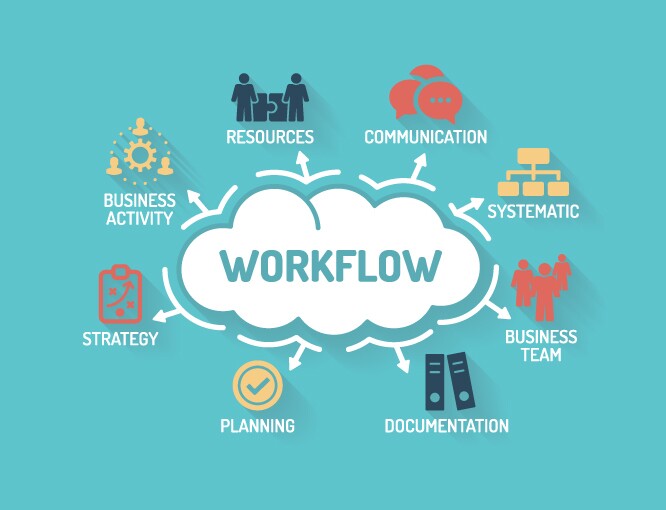
AI and accountants

As the backbone of the enterprise, finance has been leading the charge in leveraging machine learning and artificial intelligence to deliver real-time insights, inform decision making and drive efficiency across the enterprise. Therefore, finance will be one of the first business units to see the impact of these technologies on day-to-day activities—in everything from automating payments to calculating risk and maintaining records.
The following slideshow, written by Thomas Zipperle, CFO of SAP South East Asia, highlights a few cases showing how artificial intelligence and machine learning will be used in the office of the CFO to increase productivity, simplify processes and support decision-making.

1: Clearing invoice payments
An intelligent system could help by immediately suggesting invoices that might match the paid amount and, based on established thresholds, automatically clear the short payments or automatically generate a delta invoice.

2: Auditing expense claims
What if artificial intelligence and machine learning could support this process, audit 100 percent of all claims, and send only questionable claims to a manager for approval? The machine could read receipts (even in a foreign language), ensure they are genuine, and match them against the policy.

3: Determining bonus accruals
Deploying AI solutions, we could leave this calculation to a machine that uses all available system data and predictive analytics capabilities to come up with an unbiased accrual. Additionally, this would give accounting teams more time during the precious closing period for activities that require human intervention or judgment.

4: Mapping risk assessments
Machine learning could instead allow teams to access all of the implementation projects the company has ever completed, anywhere in the world, over the last 40 years. Using this data, teams could then map the proposed project against all historical projects and come up with a better-informed risk assessment. This could in turn allow finance managers to provide a better offer to customers using a lower risk uplift, or ensure that there is enough cover in case the risk is high. This capability could significantly increase the company’s revenue and margin.

5: Calculating detailed analytics
Digital assistants can already answer questions on weather forecasts, stock quotes and so forth. What if they could provide the latest financial results and give decision makers instant access to information? What if finance teams could speak to their ERP systems the way we are already speaking to Siri or Alexa and get an immediate response or a clarifying question? For instance: “For which region?” “In EUR or USD?” or even, “I will send a detailed report to your inbox immediately.”

6: Automating approval workflows
Intelligent workflows could allow finance teams to distinguish and filter out the true exceptions from the standard low-risk exception that is usually approved anyway. This way, employees do not need to wait for approvals and feel empowered, while still limiting the risk to the corporation.

7: Transforming the finance role
Many other functions besides finance, including HR, procurement and legal, will be equally affected. The best thing leaders can do to prepare for the impact of machine learning and artificial intelligence technologies is to strive to develop a learning culture, so employees can stay ahead of what is coming. Now is the time for CFOs to educate and prepare themselves on this topic, so they can lead their teams in adapting when the time is right.





